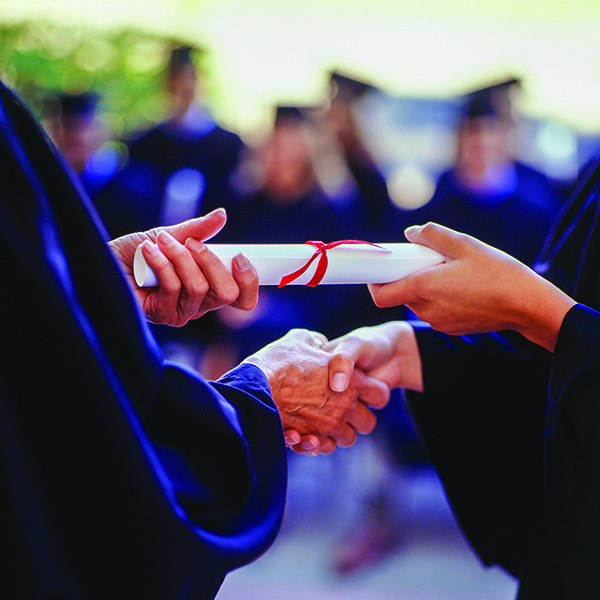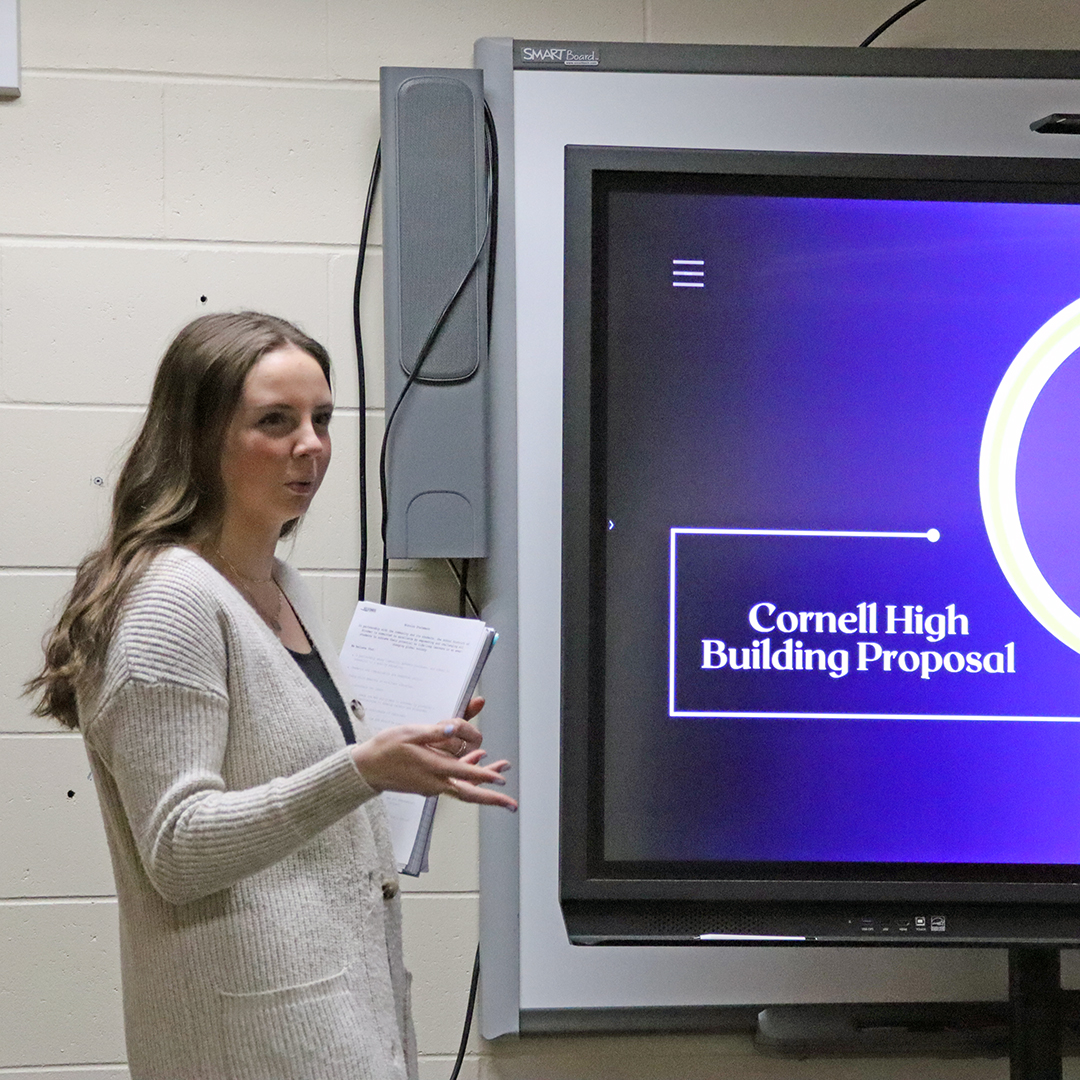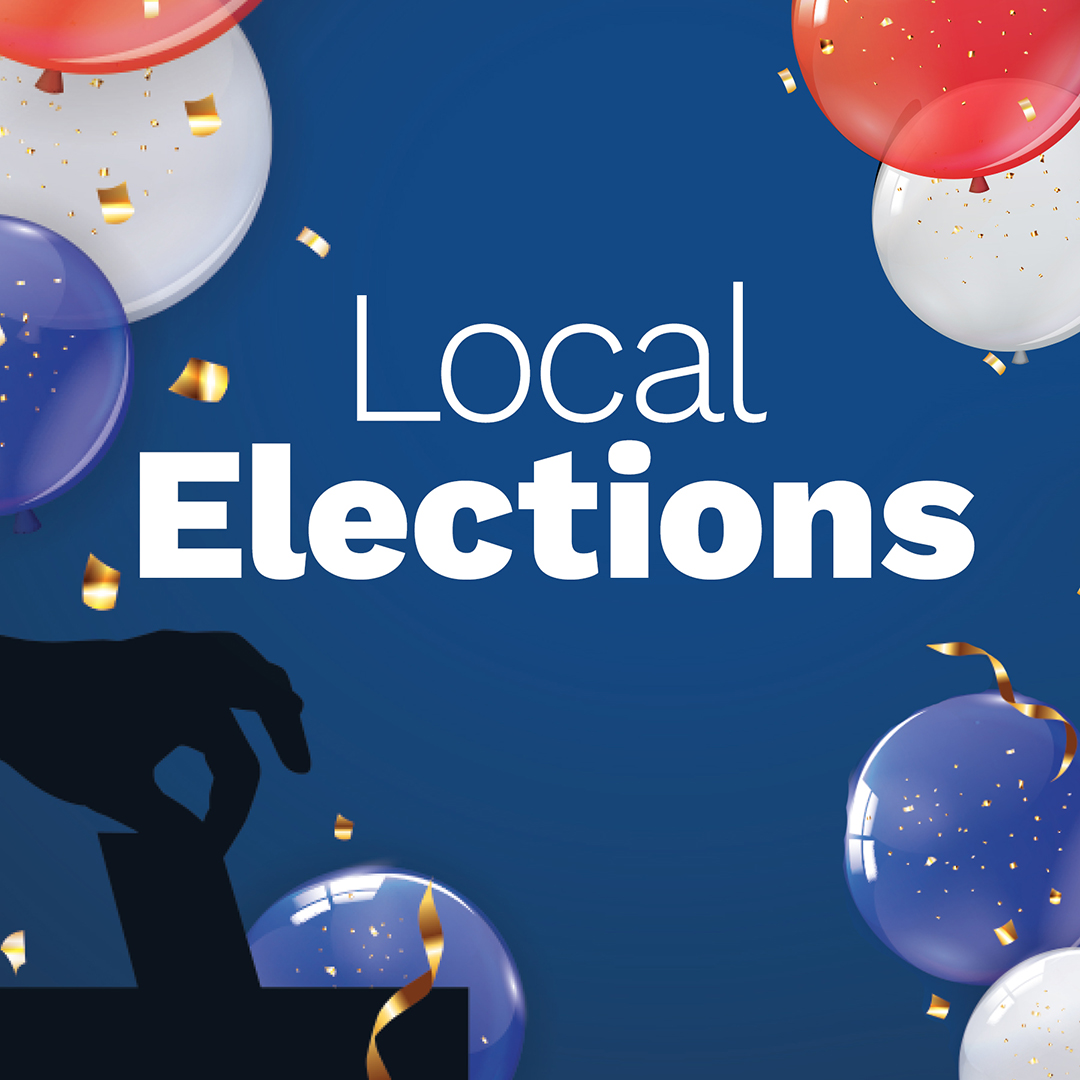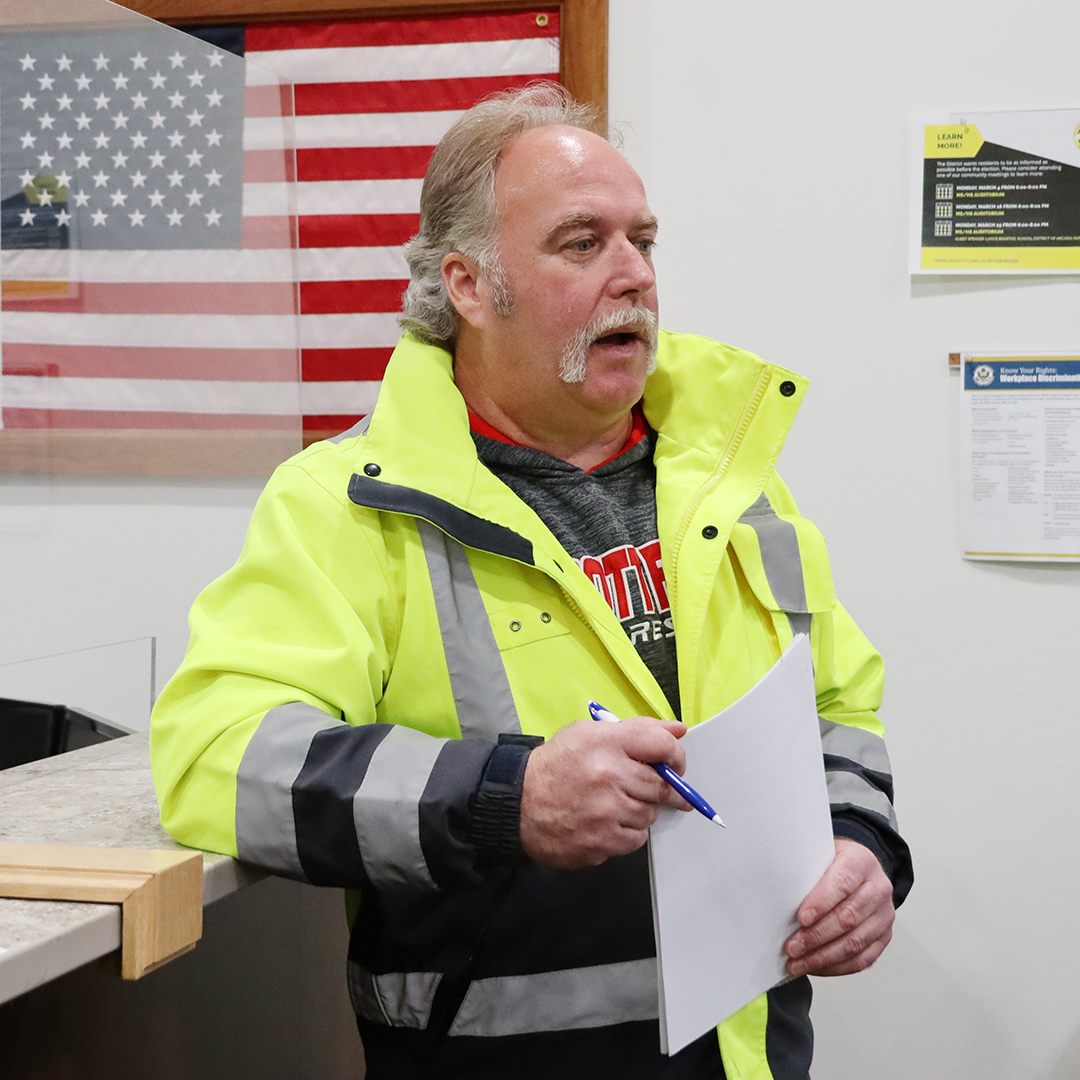Bids over budget
The council went over the figures at a regular meeting Oct. 15, with a tight time frame to get started on the upgrades.
Out of six bids that came in for work on the wastewater treatment plant, the lowest bid was $4,652,277, without the optional add-ons of a sludge storage tank, asphalt paving or a metal roof system. If the council decided to go with the addons and go with the low bid from RJ Jurowski Construction in Whitehall, that would bring the amount to $4.9 million.
“Overall, we had quite a bit of interest in the project itself,” said Kevin Oium, project manager at Cedar Corp.
Oium says the bids had winter work applied to the proposals, which upped prices and that material costs have risen drastically.
“Pouring concrete in the winter, is that really a good thing?” asked council president Steve Turany.
Oium said it is common practice to do so and that’s where the winter work comes in, with insulating the foundation, etc.
The city has already received a Community Development Block Grant in the amount of $1 million to help with the project. With the grant, work must be started on the plant by the end of November.
“Otherwise, they’re basically telling us that you would have to give that money back and reapply in the next round,” said Oium, “which is a big gamble.”
Floyd Hickethier, council member, questioned that if the city did “give back” the grant, and reapplied and received funding, if it would still be the same amount as before. Oium said he has no way of knowing, that it could go down to $500,000, instead of $1 million.
Cornell has also applied for principal forgiveness from the Clean Water Fund, which would help reduce costs of the city’s loan and interest payments.
Oium also pointed out the overall effect of what user rates would be, with or without principal forgiveness. Without forgiveness, user rates would increase to $33.64 each month. With forgiveness, rates would increase to $28.64 per month.
“I don’t feel that I’m ready (to vote),” said council member administrator Dave DeJongh.
Members agreed and went with the regular contract.
As a notice to the public, COVID-19 testing will be conducted Ashley Carothers.
Turany agreed he was not sure of the increases, either.
“I’m floored by these extra numbers,” he said.
Pointing out that the process for upgrades at the plant started four years ago, with some of the things cosmetic, Turany said he can’t believe the council is now looking at a $5 million project.
“Quite a jump,” said Hickethier.
Oium reminded the council that they need to make a decision within a week or so, to accept a bid or reject them all, as a contract will take time to get in place, as well as a preconstruction Hall, Tuesday, Nov. 17, from 11 a.m. to 7 p.m.
“It’s kind of a regional thing,” said DeJongh.
Anyone who wants to get tested – with or without sypmtoms – is welcome to drop by the hall for testing.
The annual city budget hearing is set for Thursday, Nov. 5, at 6:30 p.m., prior to the regular meeting.
The public should also be aware, that winter overnight street parking restrictions take effect Sunday, Nov. 1, from 2-6 a.m.
into consideration.
“You got to have somebody out there starting by the end of November,” said Oium.
Members said they understood they are on a fast-approaching deadline and tabled the item until a special meeting Monday, Oct. 26, at 7 p.m.
“I can’t consciously make the decision to move forward, without thinking of the people who are here in our community that are already struggling,” said Carothers.
Something that was approved, was the new snowmobile route that was proposed by the Cleveland/Cornell Snowmobile Club. The routes were “cleaned up,” to make it easier for snowmobilers to navigate through the city and allow access to more businesses.
The new routes will travel on South Street, with access to each of the alleys off that street; a crossing of State Hwys. 64/27, via Sixth Street; turning at Squire Drive; and continuing to 230th Avenue. Main Street will also be open from Sixth Street heading west, with parking near the downtown bars/restaurants.
Members also approved a contract with the Chippewa County Humane Society, for transportation and holding of animals from Cornell, that may have been abandoned or lost. The contract is for $1,677.85, based on a 2019 census (per capita rate of $1.15).
New this year, the city could specify that the humane meeting and taking the Thanksgiving holiday society would collect license fees for the municipality and deduct the amount of the following year’s contract.
“Your dog has to be licensed and the humane society collects the fee?” asked council member Terry Smith.
Carothers said she didn’t think the city should go with the new option.
“I don’t think people are going to run down there to pay for a license,” said city administrator Dave DeJongh. Members agreed and went with the regular contract. As a notice to the public, COVID-19 testing will be conducted by the Wisconsin National Guard at the Estella Town Hall, Tuesday, Nov. 17, from 11 a.m. to 7 p.m. “It’s kind of a regional thing,” said DeJongh. Anyone who wants to get tested – with or without sypmtoms – is welcome to drop by the hall for testing. The annual city budget hearing is set for Thursday, Nov. 5, at 6:30 p.m., prior to the regular meeting. The public should also be aware, that winter overnight street parking restrictions take effect Sunday, Nov. 1, from 2-6 a.m.




